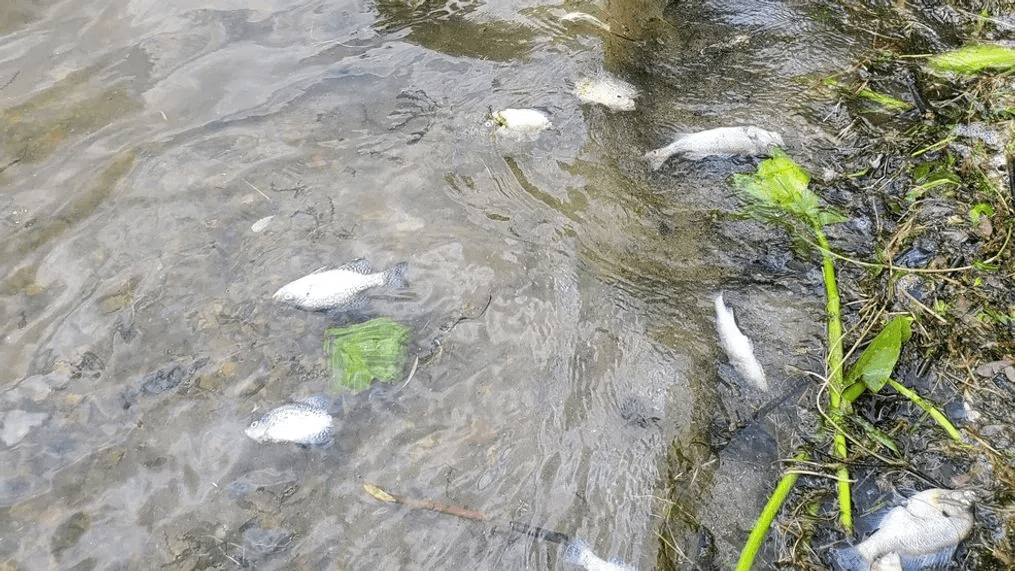The cause of the large number of dead and dying fish in Lake Macatawa has been identified, reports the Michigan Department of Natural Resources.
Reports of dead and dying fish in the lake, located near the city of Holland in Ottawa County, began to arrive around mid-April, the DNR explained in a Friday press release.
Analysis of the caught fish revealed positive cases of viral hemorrhagic septicemia (VHS).

VHS is a viral disease that affects freshwater and saltwater fish. At low infection levels, fish may not show any noticeable symptoms, the DNR reports. When the infection worsens, fish develop widespread hemorrhages across their surfaces and internal organs. Diseased fish are often sluggish, circle around, and frequently surface during water. The virus has been detected in Lakes Huron, St. Clair, Erie, Ontario, Michigan, and the St. Lawrence River in New York. It has also been found in several interior lakes of Michigan.
The virus does not pose a threat to humans or pets that come into contact with potentially infected water, the DNR states. Among the dead fish in Lake Macatawa are pumpkinseed sunfish, freshwater bass, and northern pike.
"The extinction primarily affected freshwater bass, while saltwater bass and sunfish were also less affected," said Ed Ays, assistant chief of the DNR Fisheries Division, in a press release. "It is known that the virus causing VHS has been present in the Great Lakes basin since around 2005."
Considering the rising water temperatures, fish die-offs continue but are likely declining, the DNR reports. It is expected that this die-off will not have a long-term impact on the fish population in the lake.
Visitors to Holland State Park reported seeing dead fish on the shore over the past week.
To help minimize the spread of the disease, the DNR urges anglers and boaters to disinfect their gear that contacts water, as well as clean, drain water, dry boats and trailers when moving from one body of water to another.


